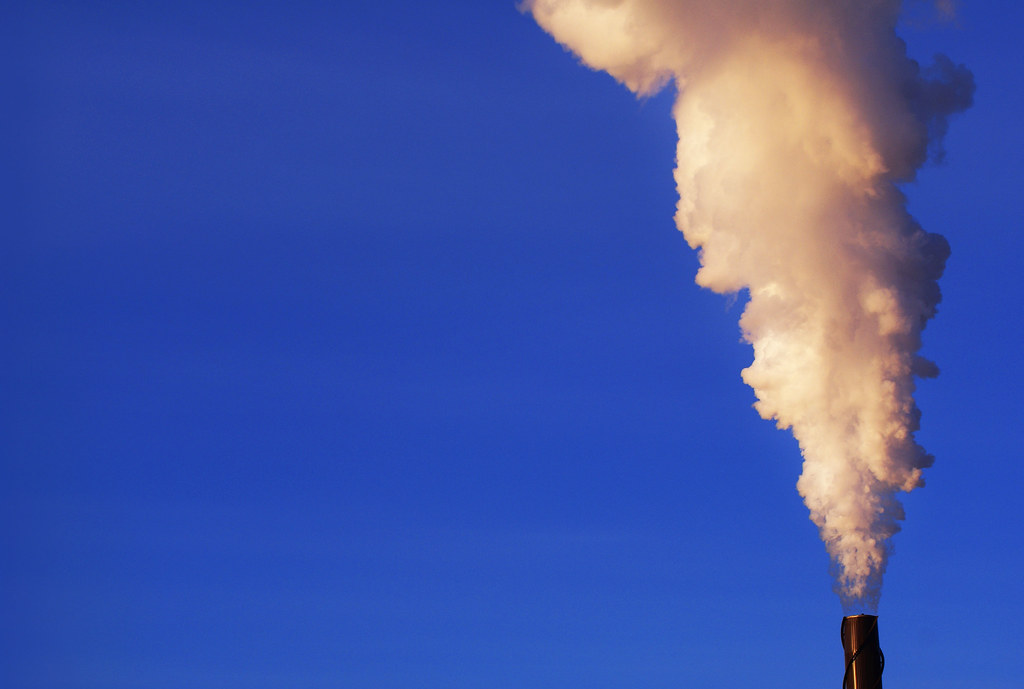Welcome to episode eleven of the Technology for Good hangout. In this week’s show our special guest was unable to make it due to looming deadlines, so I did the show solo. Given the week that was in it with Microsoft’s Build conference taking place, there were plenty of stories stemming from Microsoft’s various announcements, but there was also a ton of other news, as always.
Here’s the stories that I discussed in the show:
Climate
- IPCC’s Fifth Assessment Report (AR5) http://www.ipcc.ch/report/ar5/
- Climate Change Impacts in Pictures: 8 Stark IPCC Images http://www.climatecentral.org/news/8-ipcc-images-that-illustrate-climate-central-17242
- Why the carbon tax should stay http://www.watoday.com.au/comment/why-the-carbon-tax-should-stay-20140403-zqqb2.html
Cloud
- Your Online World: #ClickClean or Dirty? http://www.greenpeace.org/usa/en/campaigns/global-warming-and-energy/A-Green-Internet/clickingclean/
- Cloud computing companies ranked by their use of renewable energy http://greenmonk.net/2014/04/02/cloud-computing-companies-ranked-by-their-use-of-renewable-energy/
Renewables
- Israeli solar plant is now 100 percent self-cleaning http://www.gizmag.com/ecoppia-e4-ketura-sun/31428/
- Energy Focus’ Strong Growth for Its Military Business for 2014 Accelerates http://online.wsj.com/article/PR-CO-20140403-907936.html
- High-Altitude Wind Energy: Huge Potential — And Hurdles http://e360.yale.edu/feature/high_altitude_wind_energy_huge_potential_and_hurdles/2576/
- Makani – airborne wind turbines http://www.google.com/makani/
- This Company Thinks Remote Green Energy Sources Are Looking Up — Way, Way Up http://www.huffingtonpost.com/2014/04/03/high-altitude-flying-wind-turbine-altaeros-alaska_n_5084264.html
WiFi
- More Wi-Fi is better: FCC expands use of 5GHz spectrum http://arstechnica.com/tech-policy/2014/03/more-wi-fi-is-better-fcc-expands-use-of-5-ghz-spectrum/
- Public Wi-Fi speeds to get a boost from Qualcomm’s new antenna technology http://www.pcworld.com/article/2139660/public-wifi-speeds-to-get-a-boost-from-qualcomms-new-antenna-technology.html
Apps
- Microsoft says Office iPad apps hit 12 million downloads a week after release http://9to5mac.com/2014/04/03/microsoft-says-office-ipad-apps-hit-12-million-downloads-a-week-after-release/
- Google plans significant overhaul of many of its native and web apps in ‘Google 2.0′/wearable push http://9to5google.com/2014/04/03/google-plans-significant-overhaul-of-many-of-its-native-and-web-apps-in-google-2-0wearable-push/
- IFTTT now works with iOS push notifications and looks great on the iPad http://thenextweb.com/apps/2014/04/03/ifttt-ios-push-notifications-looks-great-ipad/
- FireChat’s anonymous, off-grid messaging app arrives on Android http://gigaom.com/2014/04/03/firechats-anonymous-off-grid-messaging-app-arrives-on-android/
- MightyBell Now Tolls For All http://techcrunch.com/2014/04/03/mightybell-now-tolls-for-all/
- Cortana (yes!) and Many, Many Other Great Features coming in Windows Phone 8.1 http://blogs.windows.com/windows_phone/b/windowsphone/archive/2014/04/02/cortana-yes-and-many-many-other-great-features-coming-in-windows-phone-8-1.aspx
- Speech Recognition Pioneer Novauris Bought By Apple, Team Now Works On Siri http://techcrunch.com/2014/04/03/speech-recognition-pioneer-novauris-bought-by-apple-team-now-works-on-siri/
- Apple Worldwide Developers Conference Kicks Off June 2 at Moscone West in San Francisco http://www.businesswire.com/news/home/20140403005413/en/Apple-Worldwide-Developers-Conference-Kicks-June-2
Social
- Turkey lifts Twitter ban after court ruling http://www.reuters.com/article/2014/04/03/us-turkey-twitter-idUSBREA320E120140403
- U.S. secretly created ‘Cuban Twitter’ to stir unrest http://www.washingtonpost.com/politics/us-secretly-created-cuban-twitter-to-stir-unrest/2014/04/03/8a2dc77c-bafa-11e3-80de-2ff8801f27af_story.html?hpid=z5
- What if dictators get good at Social? http://www.newyorker.com/online/blogs/elements/2014/03/turkey-twitter-ban-and-future-of-networks.html
Internet of Things
- NWave Explains How it Provides More Economical, Efficient M2M Technology http://www.m2mevolution.com/topics/m2mevolution/articles/373782-nwave-explains-how-it-provides-more-economical-efficient.htm
- $3.4 Billion invested in wireless smart object startups http://iotpedia.com/2014/03/28/3-4-billion-invested-in-wireless-smart-object-startups/
- Nest Halts Sales Of Protect Smoke Alarm Over Safety Concerns About ‘Wave To Dismiss’ Feature http://techcrunch.com/2014/04/03/nest-disable-protect-smoke-alarm-halts-sales/
Open
- OKCupid seeks to block Mozilla Firefox over gay rights http://www.bbc.com/news/technology-26830383
- Mozilla Co-Founder Brendan Eich Resigns as CEO, Leaves Foundation Board http://recode.net/2014/04/03/mozilla-co-founder-brendan-eich-resigns-as-ceo-and-also-from-foundation-board/
- Microsoft open sources more of its .Net technologies http://www.zdnet.com/microsoft-open-sources-more-of-its-net-technologies-7000028031/
Misc
- Flypaper for elephants: a new adhesive is based on geckos’ feet http://www.theguardian.com/sustainable-business/geckskin-material-adhesive-gecko-feet
- Teen to government: Change your typeface, save millions http://edition.cnn.com/2014/03/27/living/student-money-saving-typeface-garamond-schools/index.html
- Save $400M printing cost from font change? Not so fast… http://www.thomasphinney.com/2014/03/saving-400m-font/
- Lithium sulphur graphene – a battery breakthrough? http://www.theguardian.com/sustainable-business/breakthrough-batteries-lithium-sulphur-graphene
- Energy-producing Honda Smart Home gives more than it takes http://www.gizmag.com/honda-smart-home-energy-producing/31380/
- Yahoo now encrypting traffic from its data centers, and plans to encrypt Messenger too http://www.theverge.com/2014/4/2/5575932/yahoo-now-encrypting-traffic-from-its-data-centers-and-plans-to-encrypt-messenger-too
- European Parliament passes strong net neutrality law, along with major roaming reforms http://gigaom.com/2014/04/03/european-parliament-passes-strong-net-neutrality-law-along-with-major-roaming-reforms/



